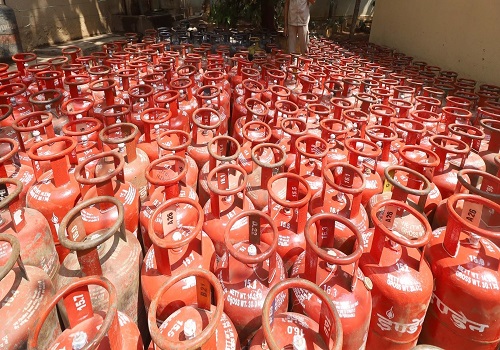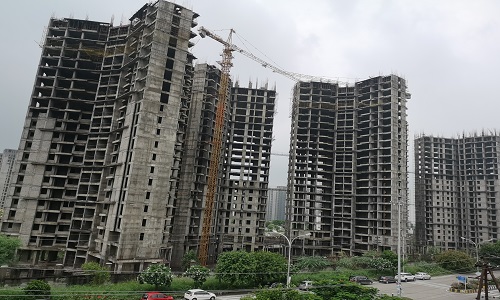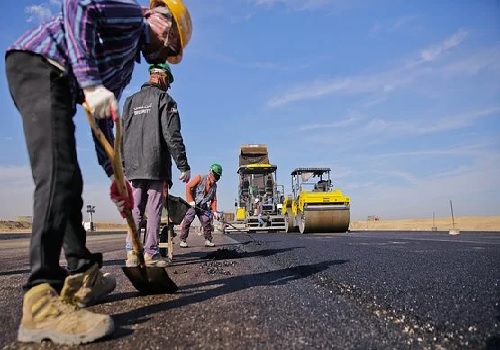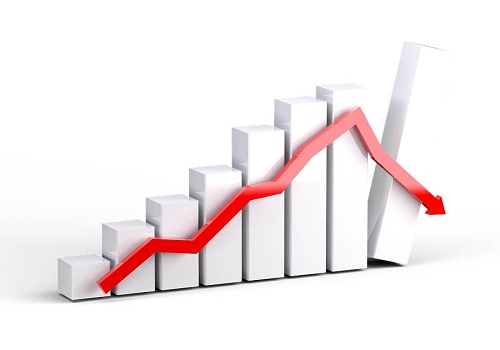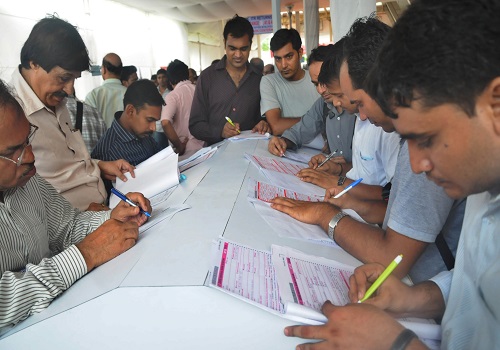Mid-sized EPC segment revenue to grow 15% this fiscal: Crisil

Follow us Now on Telegram ! Get daily 10 - 12 important updates on Business, Finance and Investment. Join our Telegram Channel
Strong order books and better operational preparedness in the second year of the Covid-19 pandemic will swell the top-lines of mid-sized (revenue less than Rs 1,000 crore last fiscal) engineering, procurement and construction (EPC) companies by 15 per cent this fiscal, compared with a 10 per cent fall last fiscal.
A study of over 600 CRISIL-rated, mid-sized EPC companies into construction of roads, commercial and industrial buildings, irrigation, and allied activities indicates as much. The aggregate top-line of these players is estimated at Rs 70,000 crore for last fiscal.
The second wave of the pandemic, slowdown in project execution, and labour migration are expected to curb the performance of these companies in the first quarter of this fiscal sequentially. The slowdown, however, will be less severe on-year because activities had ground to a halt amid a nation-wide lockdown in the first quarter of last fiscal, the ratings agency said.
The good part is, the construction sector has been exempted from lockdowns so far this fiscal. On-site stay arrangements for labourers and pandemic-related precautions have reduced migration to 20 per cent this year so far. Also, most project sites are in non-urban locations, which have been less impacted by the pandemic compared with the urban areas.
Mobility curbs in high-infection states and vaccination for all adults could help contain the pandemic's spread over the next 2-3 months. Consequently, economic activities should rebound to near-normal from the second quarter.
Over the past few years, the EPC segment has received a big boost from the government. Projects awarded by the National Highways Authority of India and the Ministry of Road Transport and Highways increased to about 10,500 km last fiscal from 8,500 km in fiscal 2020.
Further, projects worth Rs 111 lakh crore were announced under the National Infrastructure Pipeline, which is to be implemented over five fiscals through 2025. Roads, urban and rural infrastructure, and irrigation account for about half of these investments.
Last fiscal, industrial capital expenditure was deferred and real estate projects slowed. But commercial construction activity is expected to revive this fiscal.
Rahul Guha, Director, CRISIL Ratings Ltd, said: "At over 2.5x of last fiscal's revenue, order books were at their highest - at the beginning of any fiscal - since 2015, which offers high revenue visibility. The current operating rate of 70 per cent should also help the sector gain growth momentum in the rest of this fiscal."
Operating profitability is expected to stabilise at the historical average of 11 per cent in the medium term. Last fiscal, despite a sharp rise in prices of key raw materials such as bitumen, steel, diesel and petrol, pass-through clauses had limited the contraction in operating margin to 100 basis points (bps), with operating profitability estimated at 10 per cent.
This fiscal, working capital management and liquidity will be supported by the continuation of relief measures announced last fiscal. A reduction in performance security to 3 per cent from 5-10 per cent (for existing projects and those to be awarded up to December 2021), has lowered the bank guarantee requirement and consequently, reduced the margin- money requirement. Bills are also being cleared on a monthly - instead of milestone - basis. The release of retention money held by counterparties to the extent of work completed and approved, have also augmented cash flows.
But companies remain exposed to payment delays by counterparties, especially state government departments.
Shirish Mujumdar, Associate Director, CRISIL Ratings Ltd, said, "Credit profiles will continue to be supported by rising accrual, limited capex and steady working capital cycle this fiscal. Gearing will likely be controlled at 0.5 time, while interest coverage ratio will remain adequate at well over 4 times."
The central government has made it clear that it wants to avert a nation-wide lockdown. Any material developments in this regard and subsequent disruptions, if any, will bear watching, Crisil said.








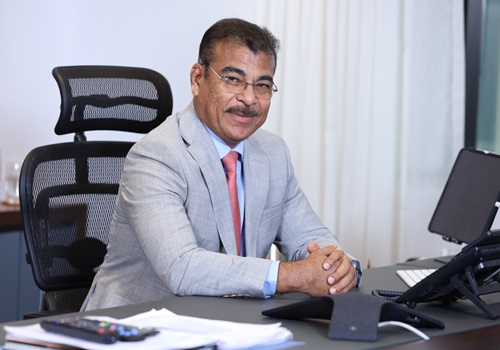



 320-x-100_uti_gold.jpg" alt="Advertisement">
320-x-100_uti_gold.jpg" alt="Advertisement">

